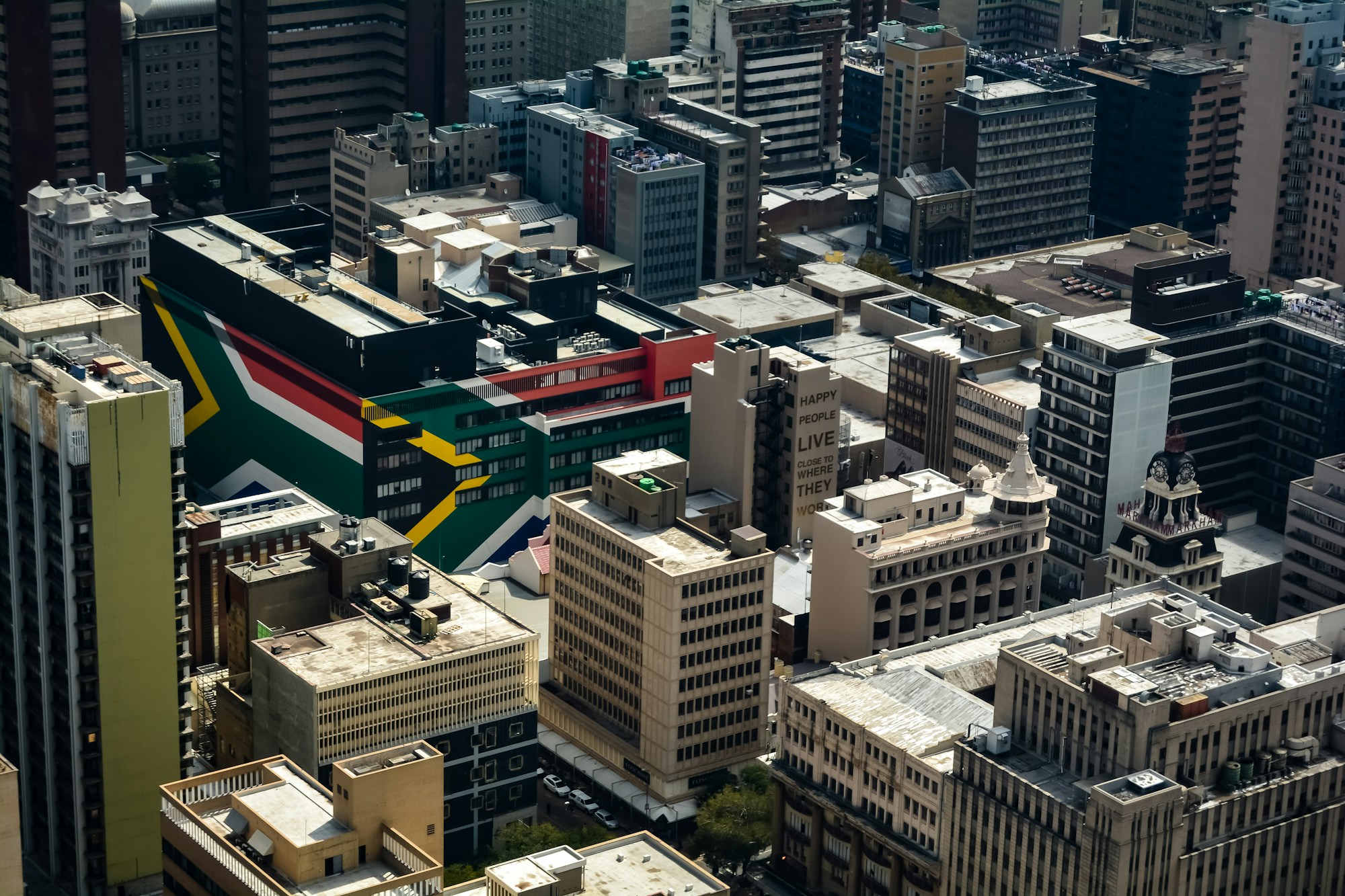Cultural Insights: South Africa's History, Traditions & Festivals

South Africa: A Diverse Tapestry of History, Traditions & Festivals South Africa is a country known for its rich cultural tapestry, vibrant history, and diverse traditions. Located at the southernmost tip of the African continent, it boasts breathtaking landscapes, unique wildlife, and a fascinating blend of cultures. Whether you are interested in exploring historical sites, immersing yourself in local traditions, or experiencing lively festivals, South Africa has something for everyone.
History:
The history of South Africa is a complex and fascinating story that spans thousands of years. The indigenous people of the region, including the San and Khoikhoi, have inhabited the land for centuries. In the 17th century, European colonizers, mainly the Dutch and the British, arrived and established settlements. The colonization period, characterized by the Dutch East India Company's rule, followed by British control, had a profound impact on the country's demographics and social structures. One of the key events in South Africa's history is the system of apartheid, which lasted from 1948 to 1994. Apartheid was a policy of racial segregation and discrimination enforced by the National Party government. Nelson Mandela, a prominent anti-apartheid activist, played a significant role in leading the country towards democracy and became South Africa's first black president in 1994.
Traditions:
South Africa is a melting pot of cultures, languages, and traditions. The country has 11 official languages, showcasing its linguistic diversity. The heritage of the indigenous people, combined with the influences of colonialism and immigration, has shaped the country's customs and traditions. One of the most well-known South African traditions is braai, which is a social gathering centered around barbecuing. It brings together friends and family to enjoy grilled meat, such as boerewors (sausage) and sosaties (kebabs), along with traditional side dishes. Another significant aspect of South African culture is storytelling. Folk tales and oral traditions have been passed down through generations, preserving the history and wisdom of the various communities. Traditional music and dance also play a vital role in South African traditions, with lively performances showcasing the vibrancy and diversity of the country's cultures.
Festivals:
South Africa hosts a multitude of vibrant festivals throughout the year, offering a glimpse into the country's cultural celebrations. Here are a few notable festivals to consider: 1. Cape Town Carnival: Held annually in March, this carnival brings the streets of Cape Town alive with colorful floats, music, and dance. It showcases the creativity and diversity of South African culture. 2. KKNK (Klein Karoo Nasionale Kunstefees): This Afrikaans arts festival takes place in Oudtshoorn each year. It celebrates Afrikaans language, music, theater, and visual arts, attracting artists and art enthusiasts from all over the country. 3. Oppikoppi: Known as one of South Africa's biggest music festivals, Oppikoppi attracts local and international musicians for a weekend of live performances in a scenic outdoor setting. 4. National Arts Festival: Held annually in Grahamstown, this festival is a showcase of South Africa's performing and visual arts scene. It features theater productions, dance performances, art exhibitions, and much more. 5. Hermanus Whale Festival: Taking place in the coastal town of Hermanus, this festival celebrates the southern right whales that migrate to the area. Visitors can enjoy live music, food stalls, and whale-watching opportunities. From historical landmarks to vibrant traditions and lively festivals, South Africa has a diverse range of experiences to offer. Immerse yourself in the country's unique culture, explore its natural wonders, and witness the warmth and resilience of its people.
